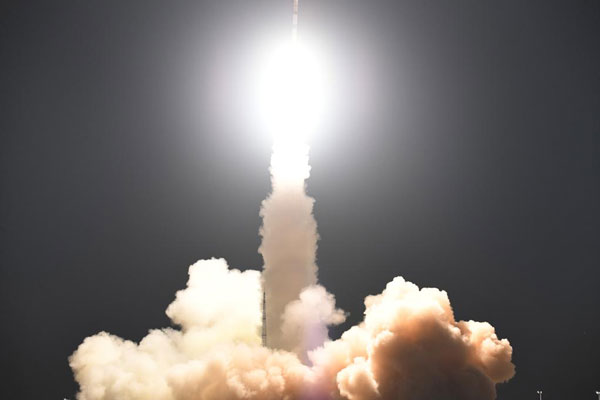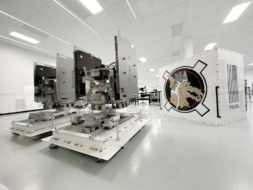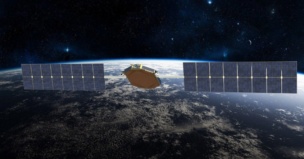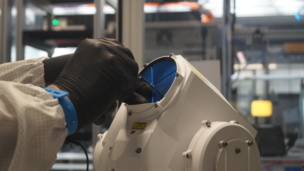Last week, the seventh annual China Commercial Aerospace Forum (CCAF) convened in Wuhan, China. Leaders from China’s civil, commercial, and military sectors met to discuss the country’s ascendant space program—and positive spillovers in the private sector.
State updates: China Aerospace Science & Industry Corp. (CASIC), the country’s state-owned aerospace company, hosted the forum. CASIC reps laid out plans for the next few years:
- An Earth observation (EO) remote-sensing constellation aimed at disaster relief and ecological supervision.
- An 80-satellite IoT constellation, Xingyun-2, meant to aid in communications struggles. CASIC launched two Xingyun-2 satellites earlier this year and expects to send 12 operational satellites to orbit in 2022.
- Lots of launches for the Kuaizhou 1A carrier rocket through subsidiary company Expace. CASIC announced ten commercial launches planned within six months beginning September 2021. If you’re keeping score, that leaves seven more in the next few months.
- No mention of Hongyun, CASIC’s previously planned ~300-satellite broadband constellation. Analysts speculate that the project has been absorbed into Guowang, a ~13,000-satellite mega-constellation announced earlier this year.
On the private side… A range of commercial (or quasi-commercial) players provided updates on launch and satellite development in the coming calendar year. A couple highlights: iSpace is doubling down on space tourism, developing a spaceplane with windows for suborbital and orbital flights. Commercial launch company Deep Blue Aerospace announced plans to develop two new rockets, Nebula-1 and Nebula-1H.




